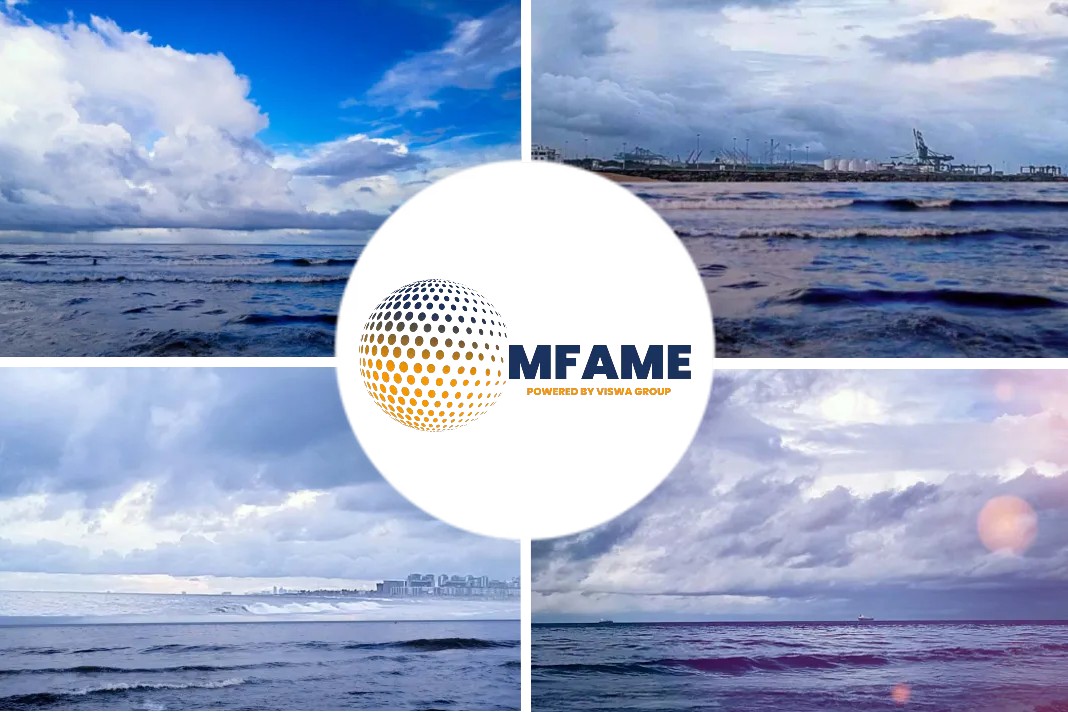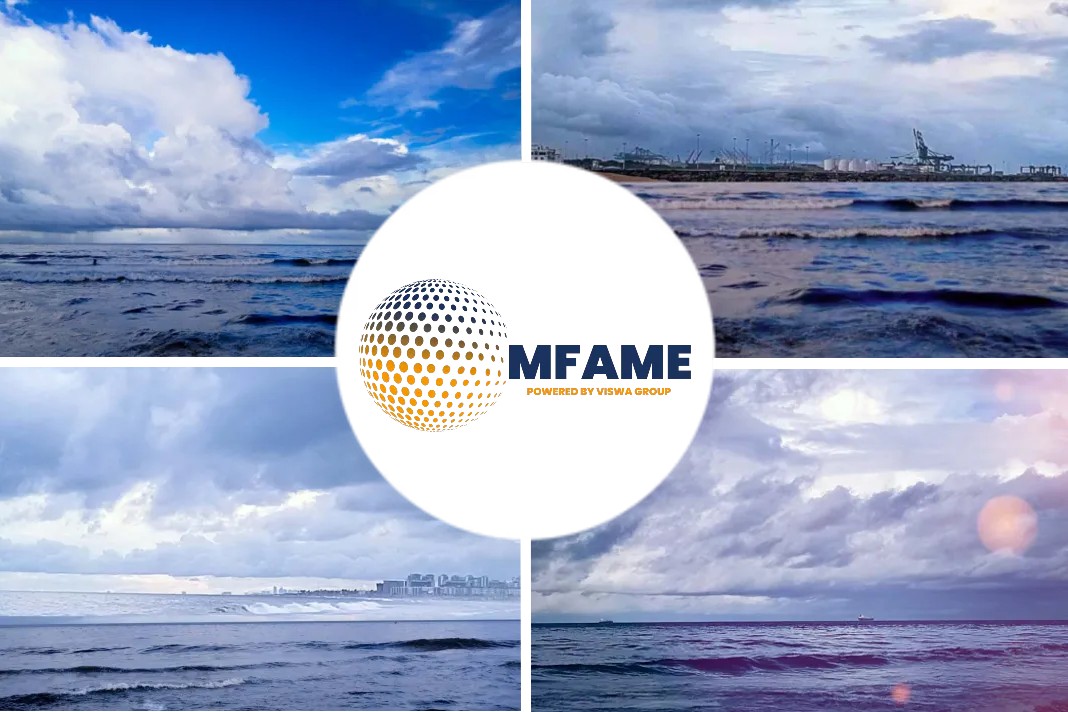- Centerline Logistics Corp. has made a $200 million purchase of several new vessels.
- It will expand its petroleum transportation capacity and provide infrastructure to support the maritime industry’s transition to cleaner-burning fuels.
A recent news article published in the Biz Journals by Marissa Nall states that Centerline Logistics spends $200M to expand refueling fleet.
Seattle-based Centerline
The investment follows a deal in late December in which Seattle-based Centerline acquired ships and customer contracts from marine services company Saltchuk’s California subsidiary, while handing off its own harbor ship assist operations across the West Coast.
“We’ve been very acquisition-focused, trying to grab capacity,” to help along the transition from heavy, carbon-intensive fuels to cleaner-burning and eventually carbon neutral alternatives, said Centerline CEO Matt Godden.
The acquisition began with the addition of a single 91-foot-wide articulated tug and barge (ATB) unit — roughly the size of a tanker ship — capable of transporting 260,000 barrels of petroleum. Centerline later added several more vessels to the deal.
100 and 150 employees will be added nationwide
The ATB, called the Joni Lee & Robin Marie, is currently being retrofitted and recertified to transport newer, lighter fuels, Godden said.
The acquisitions will allow the company to add between 100 and 150 employees nationwide, after growing its headcount to around 700 in 2021, a more than 10% increase.
The expansions support a strategy Centerline launched in March to help its marine partners develop new technology, processes and standards, which it has dubbed its Visionary Fuels initiative.
The deal with Saltchuk also helped it focus on transporting fuels safely, Godden said.
“It was natural for us to divest some of the assets that were associated with that business that was outside our scope and buy into a business that plays to our strengths,” he said.
The aim of the company
The company aims to support a maritime industry that has had to adapt to rapid shifts in demand and productivity due to the Covid-19 pandemic, which has brought changes to the volumes and types of goods that are moved by sea.
“(Maritime shipping) ran very smoothly. Covid changed that,” Godden said. Even small changes in output at factories overseas in response to the pandemic “reverberate through the entire system.”
Did you subscribe to our daily newsletter?
It’s Free! Click here to Subscribe!
Source: Biz Journals



















![[Watch] Elusive Whale Stranded Near Beach](https://mfame.guru/wp-content/uploads/2022/01/VOD-Whale-696x385.jpg)
